I read about Sanora Babb in the New York Review of Books and was intrigued by her story. That led me to buy this book and I was swept into her elegant, soulful writing. 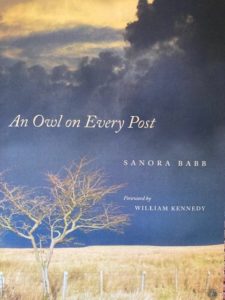 She is an original, yet seemingly not very well known. I’m so happy I found her!
She is an original, yet seemingly not very well known. I’m so happy I found her!
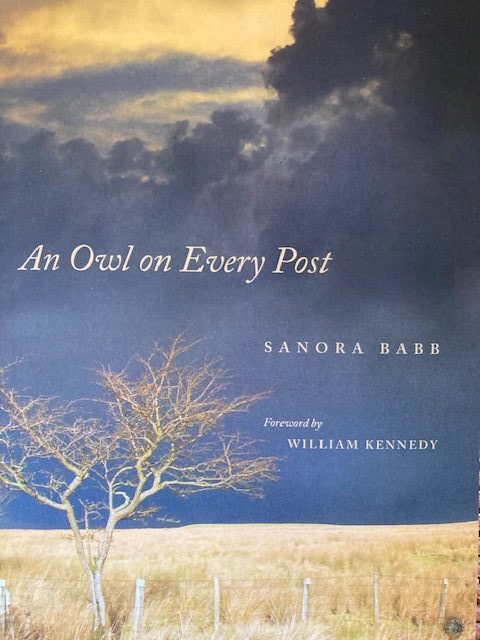


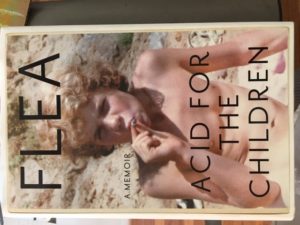
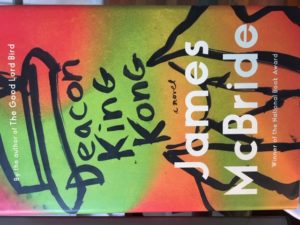

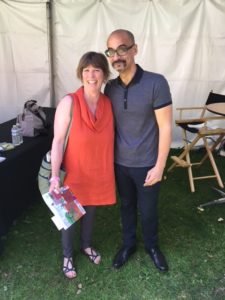
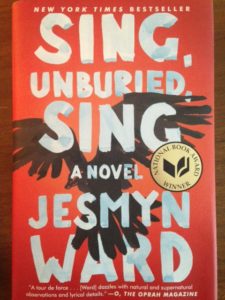 I recently read
I recently read